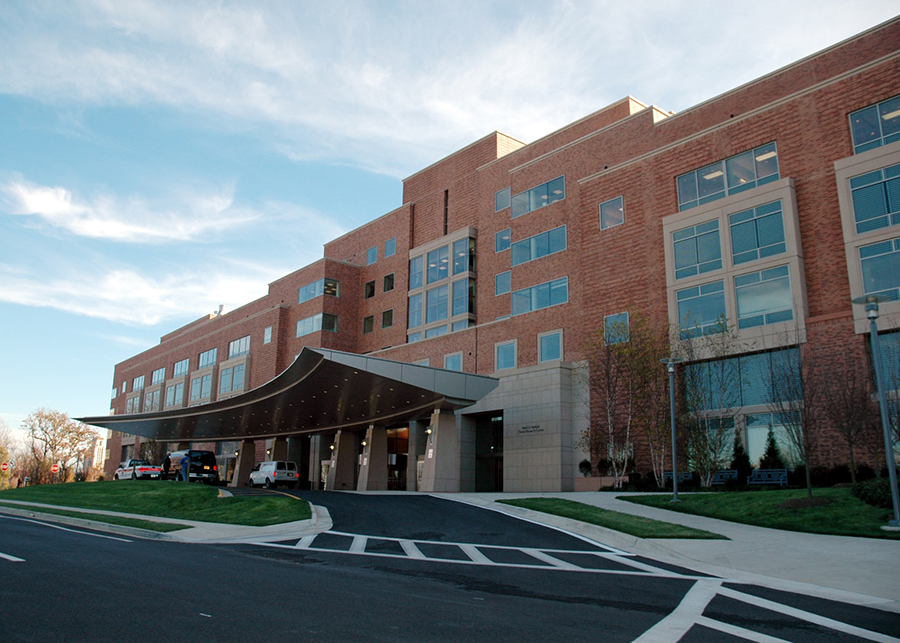The 340B Program has grown exponentially as hospitals take advantage of the opportunity to profit from drug discounts while the low-income and uninsured patients the program was meant to serve do not benefit, says the Biotechnology Innovation Organization (BIO) in comments to a Senate working group.
The Senate’s 340B bipartisan working group is planning legislation to reform the troubled 340B system. The working group requested input as it investigates appropriate legislation to modify the program. BIO submitted a 12-page letter outlining the problems and suggesting potential solutions.
The 340B program is meant to allow hospitals and clinics serving low-income patients to obtain discounts on prescription drugs from drug manufacturers, and use those savings for the benefit of patients, but hospitals appear to be abusing the program.
“BIO believes that 340B discounts should be passed along to low-income and vulnerable patients. Congress created the 340B Drug Discount Program to help uninsured and vulnerable patients gain access to affordable prescription drugs and/or other healthcare services,” according to the letter from BIO. ”However, there are many covered entities that have abused the program and caused it to extend well beyond its intended purposes.”
The apparent abuse of the program is evidenced by its explosive growth: 340B purchases totaled $44 billion, representing $93.6 billion in sales at list prices, or 14% of total U.S. brand-name pharmaceutical sales by the end of 2021, BIO notes. Meanwhile, the “disproportionate share hospitals (DSH)” that qualify for these discounts are increasingly hospitals in wealthier areas, instead of the low-income neighborhoods the program was intended to serve.
Impact of contract pharmacy arrangements
BIO’s letter gives a short history of the program’s changes. In 1996, the Health Resources and Services Administration (HRSA) issued guidance to say that entities without a pharmacy could take advantage of 340B savings via a contract with a single off-site pharmacy.
In 2010, HRSA changed the guidance again to say that disproportionate share hospitals (DSH) qualifying for the 340B program could connect with an unlimited number of contract pharmacies, and the location of the pharmacies was not important.
“These contract pharmacies are a primary driver of the explosive growth in the 340B Drug Pricing Program since 2010 and a significant source of prohibited diversion and duplicate discounts,” BIO explains. “According to an October 2020 study, the number of contract pharmacy arrangements in the program grew by 4,228%, from 2,321 in 2010 to 101,469 in 2020, and as of today this number has increased to 194,016.”
Meanwhile, pharmaceutical benefit managers (PBMs), which are already driving up prices due their powerful market position, are expanding into the contract pharmacy business.
“Today, five pharmacy chains and PBMs control 73% of the 340B contract pharmacy business, four of which are PBMs, Walgreens (Boots Alliance), CVS Health (including Caremark and Aetna), Express Scripts (owned by Cigna), and OptumRx (owned by United Health),” says BIO’s letter.
Hospitals making a profit
Increasingly DSH hospitals and clinics tend to be in higher income communities. “These wealthier areas have a larger population of fully insured patients, exacerbating health inequities and contradicting the program’s original purpose of assisting safety-net providers and medically underserved patients,” says BIO’s letter.
Furthermore, these DSH hospitals tend to charge more than the average for medications they administer. “A study by the Community Oncology Alliance revealed that 340B hospitals priced top oncology drugs at 4.9 times their 340B acquisition costs, assuming a conservative 34.7% discount,” BIO’s letter says.
The letter also points to an Air340B study and explains that, while DSH hospitals are maximizing their revenue in the program, charity care provided by DSH hospitals has fallen below the national average. Sixty-three percent of DSH hospitals “offer charity care at a level less than the national average of all hospitals,” the letter continues. “‘Nearly one-third (29%) of 340B DSH hospitals provide charity care that represents less than 1% of their total patient costs.’”
“While eligible providers have the option to pass these discounts to patients, they are not required to do so. In fact, a majority of DSH hospitals, which now account for over 80% of 340B sales, do not pass along drug discounts to patients,” says the letter, citing a Medicare Payment Advisory Commission report. “A 2022 study by IQVIA revealed that only 1.4% of patients are receiving discounts on 340B drugs at contract pharmacies.”
Recommended solutions
Solutions recommended by BIO include:
- Claims-level data should be made available to manufacturers [possibly through independent clearinghouses], to safeguard program integrity and ensure that manufactures are not paying duplicate discounts.
- Hospital eligibility should be changed to capture true safety-net providers, including by requiring eligible hospitals have an established relationship with a state or local government to offer services to the 340B low-income population.
- Audits capabilities need to be strengthened, including changes to the processes and abilities for manufacturer audits of covered entities. HRSA needs to take action against covered entities that are not in compliance with the 340B program.
- Transparency should be required for covered entities.




